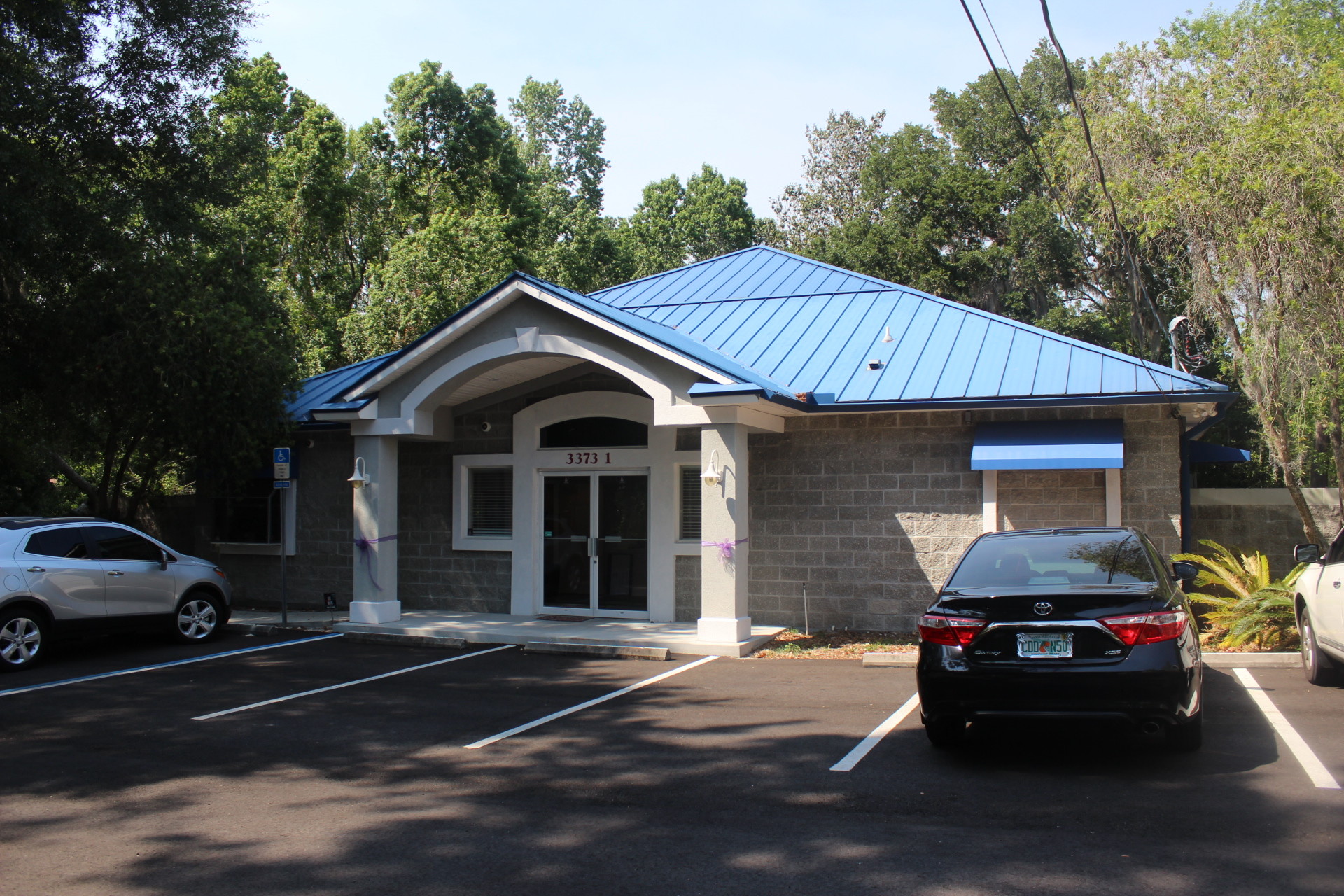Grants help Quigley House expand victims’ services
GREEN COVE SPRINGS – Financial and legal strains following a hard break from an abuser can sometimes force victims back into the very household they worked to escape.
With the addition of an …
This item is available in full to subscribers.
Attention subscribers
To continue reading, you will need to either log in to your subscriber account, or purchase a new subscription.
If you are a current print subscriber, you can set up a free website account and connect your subscription to it by clicking here.
If you are a digital subscriber with an active, online-only subscription then you already have an account here. Just reset your password if you've not yet logged in to your account on this new site.
Otherwise, click here to view your options for subscribing.
Please log in to continueDon't have an ID?Print subscribersIf you're a print subscriber, but do not yet have an online account, click here to create one. Non-subscribersClick here to see your options for subscribing. Single day passYou also have the option of purchasing 24 hours of access, for $1.00. Click here to purchase a single day pass. |
Grants help Quigley House expand victims’ services
GREEN COVE SPRINGS – Financial and legal strains following a hard break from an abuser can sometimes force victims back into the very household they worked to escape.
With the addition of an attorney and an economic justice advocate to their staff, Quigley House, Clay County’s only domestic abuse shelter, hopes to end those reluctant reunions.
In January, Quigley House added the new staff positions to help victims navigate the transition from victim to self-sufficiency. The two new advocates will help victims with job training, legal counsel, and find housing at a time when the help can be altogether difficult services to obtain.
Escaping from an abuser can be an almost insurmountable task, and it’s only exacerbated when the victim has been financially dependent on the abuser or has no idea how to navigate various legal hurdles, such as securing a restraining order.
“For many battered women, the perpetrator may have come in and kicked the door in one too many times and they get evicted,” said Peggy Payne, Quigley House executive director. “When they try to rent, numerous times that comes up and they’re charged more for a deposit or they’re turned away because of that.”
In that example, Bridgette Davis, the shelter’s new economic justice advocate, would help the victim attain stable and affordable housing, as well as cover security deposits where necessary.
The process can be cathartic for victims, some of whom have been told their entire lives they are worth nothing. Davis helps victims discover abilities they didn’t know they had, such as meal planning and budgeting, as well as help them discover what careers might be a good fit for them.
“We have a couple people in the community that can help with resumes and we have a career closet where they can get brand new outfits for their interviews and for their new jobs,” Davis said.
“Having people recognize that is very eye-opening for them because it opens up a whole new world,” Payne said. “They weren’t just a housewife. They weren’t just a mom. They weren’t just a punching bag. They were the person that held that family together as long as they possibly could no matter how bad things got. Having them recognize that is the biggest thing we do.”
When needed, a victim could go to the shelter attorney Winnie Eilert to begin the process of filing a restraining order against their abuser.
Eilert and Davis are paid through two separate grants through the 1984 Victims of Crime Act, which uses fines from federally-convicted offenders to pay for survivor services on a local level at no cost to victims.
Simultaneously, however, Eilert is restricted by the very grant that allows her to work with victims pro-bono. Statutory requirements for domestic abuse remain written very black and white, but abuse is not always so simple. Abusers can torment a victim emotionally through various means.
But to provide injunction assistance, the victim must fall under one of the statutory requirements, whether it be physical domestic abuse, sexual assault or stalking.
Davis and Eilert are bound by the parameters of their grant.
In the future, the shelter intends to expand their services further. While Payne would not divulge all of the programs she is currently looking into, she did say the shelter is currently researching how to get a divorce lawyer on staff to walk victims through what is both an emotional and legal barrier to true self-sufficiency.
Likewise, the help they provide can sometimes be stymied by a lack of services available in Clay County.
For example, some victims find themselves without vehicles and must use the county’s public transit to get around. Davis said this presents problems for many of her clients due to the hours and days the system operates.
Similarly, the county not only has a shortage of affordable housing, but a shortage of housing in general. Davis said it’s getting harder to find housing in the county for victims, and often she turns to Duval County to meet their needs.
Quigley House’s new services provide advocates for victims in a time of need. But they ultimately place the victims on a path of being the advocates for their own future.
“For victims being knocked down figuratively and literally on a regular basis will destroy your self esteem, and you feel like you’re having to beg people all the time to help you, to recognize that you’re a human being with the same needs that you have and you’re just at a position in your life where you need someone to put aside their preconceived ideas, look at you as a single parent and say ‘you know what, everybody deserves a second chance,” Payne said.








